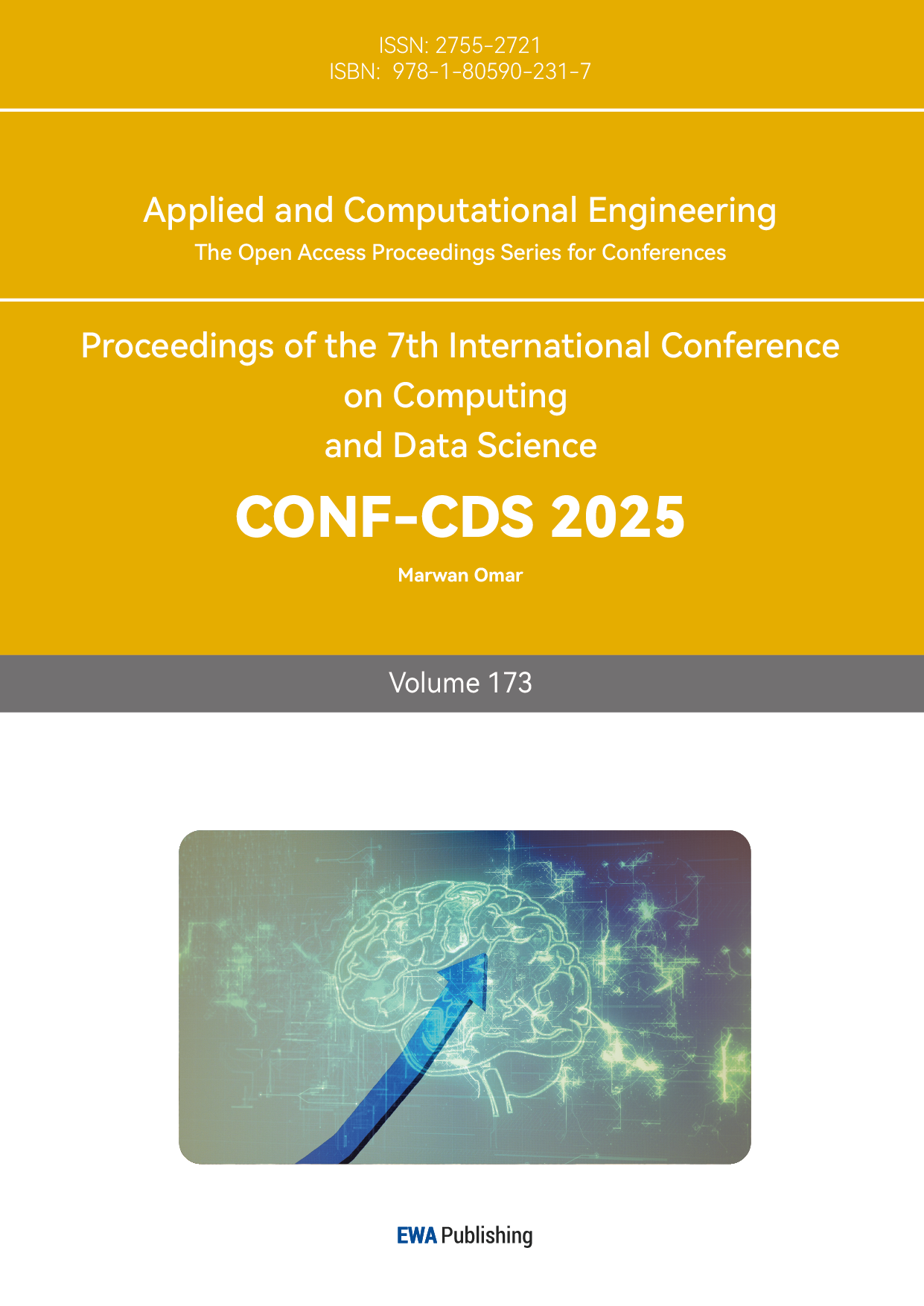References
[1]. López, P. (2021). Bias does not equal bias: A sociotechnical typology of bias in databased algorithmic systems. Internet Policy Review, 10(4). Retrieved from https: //policyreview.info/articles/analysis/bias-does-not-equal-bias-socio-technical-typology-bias-data-based-algorithmic
[2]. Shrestha, S., & Das, S. (2022). Exploring gender biases in ML and AI academic research through systematic literature review. Frontiers in Artificial Intelligence, 5, Article 976838. https: //doi.org/10.3389/frai.2022.976838
[3]. Ntoutsi, E., Fafalios, P., Gadiraju, U., Iosifidis, V., Nejdl, W., Vidal, M. E., Ruggieri, S., Turini, F., & Papadopoulos, S. (2020). Bias in datadriven artificial intelligence systems—An introductory survey. Wiley Interdisciplinary Reviews: Data Mining and Knowledge Discovery, 10(3), e1356. https: //doi.org/10.1002/widm.1356
[4]. Prates, M. O., Avelar, P. H., & Lamb, L. C. (2020). Assessing gender bias in machine translation: A case study with Google Translate. Neural Computing and Applications, 32(9), 6363–6381. https: //doi.org/10.1007/s00521-020-04974-5
[5]. Tang, R., Du, M., Li, Y., Liu, Z., Zou, N., & Hu, X. (2021). Mitigating gender bias in captioning systems. In Proceedings of The Web Conference 2021 (pp. 633–645). https: //doi.org/10.1145/3442381.3449840
[6]. D’Amour, A., Srinivasan, H., Atwood, J., Baljekar, P., Sculley, D., & Halpern, Y. (2020). Fairness is not static: Deeper understanding of longterm fairness via simulation studies. In Proceedings of the 2020 Conference on Fairness, Accountability, and Transparency (pp. 525–534). https: //doi.org/10.1145/3351095.3372857
[7]. González, J. A., & Smith, K. (2023). Dealing with gender bias issues in dataalgorithmic processes: A socialstatistical perspective. Algorithms, 15(9), 303. https: //doi.org/10.3390/a15090303
[8]. Sultana, S., Turzo, A. K., & Bosu, A. (2022). Code reviews in open source projects: How do gender biases affect participation and outcomes? arXiv Preprint arXiv: 2210.00139.
[9]. Sultana, S., & Bosu, A. (2021). Are code review processes influenced by the genders of the participants? arXiv Preprint arXiv: 2108.07774.
[10]. Chun, J. S., De Cremer, D., Oh, E.J., & Kim, Y. (2024). What algorithmic evaluation fails to deliver: Respectful treatment and individualized consideration. Scientific Reports, 14, Article 25996. https: //doi.org/10.1038/s41598-024-76320-1
[11]. Park, J., & Lee, H. (2025). FairCode: Evaluating social bias of large language models in code generation. arXiv Preprint arXiv: 2501.05396.
[12]. Alvarez Ruiz, L. (2023, August 25). Gender bias in AI: An experiment with ChatGPT in financial inclusion. Center for Financial Inclusion. Retrieved from https: //www.centerforfinancialinclusion.org/gender-bias-in-ai-an-experiment-with-chatgpt-in-financial-inclusion



